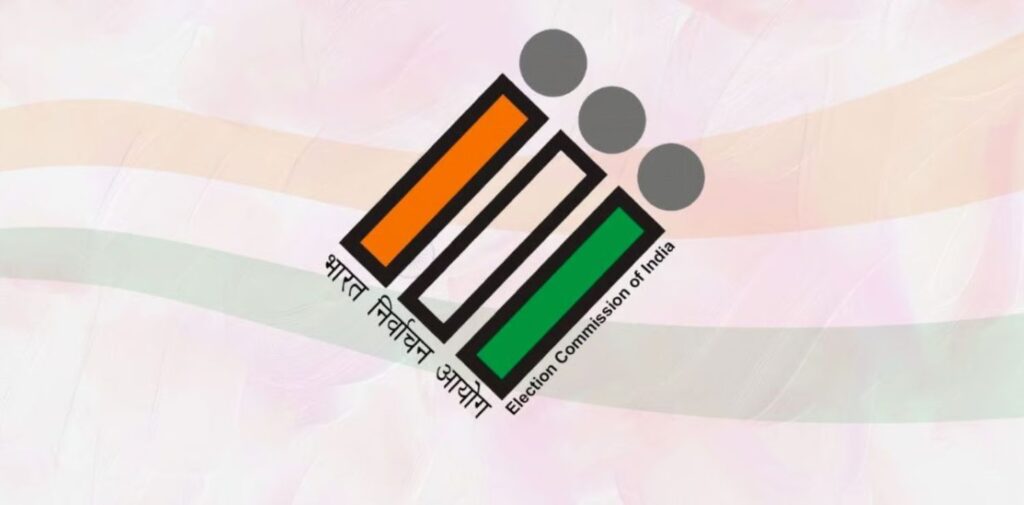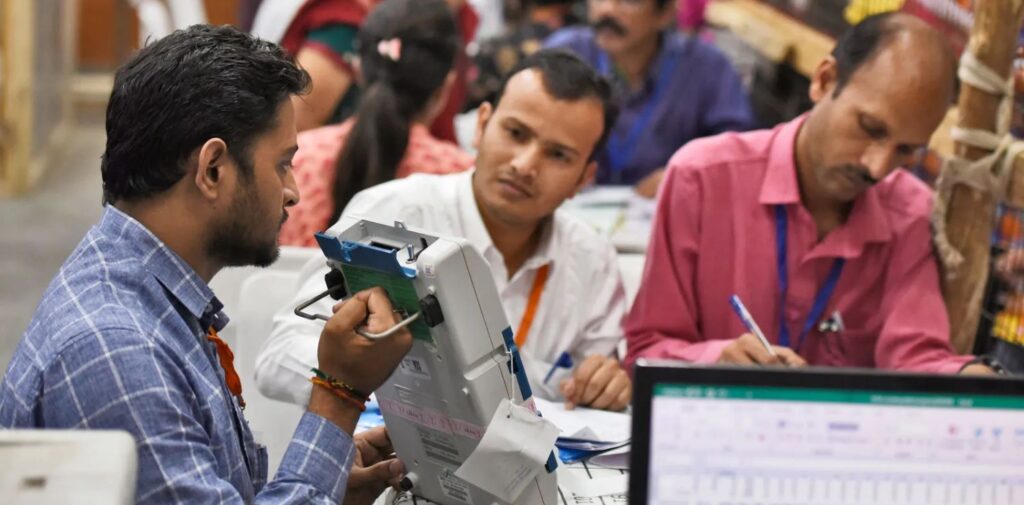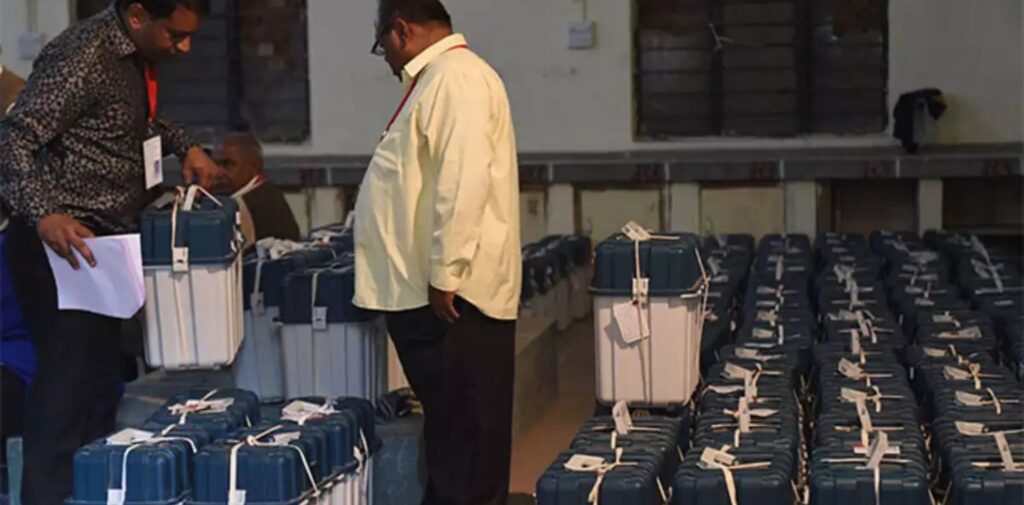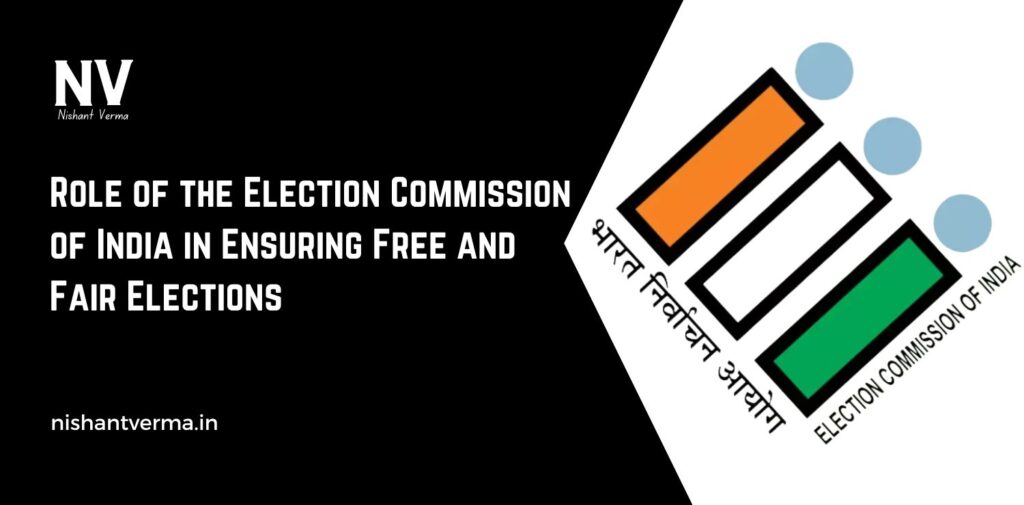In every democracy, elections are an essential part of choosing leaders and deciding the future of the country. India, being the world’s largest democracy, holds elections at various levels – local, state, and national. But how do we ensure that these elections are fair and honest? The answer lies in the Election Commission of India (ECI).
The Election Commission is a very important organization in India that plays a major role in organizing elections and making sure that the process is transparent, free, and fair for every citizen. In this article, we will explore the role of the Election Commission and how it helps to maintain the integrity of elections in India.
What is the Election Commission of India?
The Election Commission of India is a body set up by the Constitution of India. Its main job is to organize and oversee the elections to ensure that they are conducted properly. The Election Commission works at all levels of government elections – Central, State, and Local. This includes elections for the Lok Sabha (the Lower House of Parliament), Rajya Sabha (the Upper House), State Legislative Assemblies, and the President of India.
The Election Commission is completely independent and neutral, meaning that it does not favor any political party or leader. It ensures that all political parties and candidates are treated equally during elections. The Election Commission has the power to make rules and decisions to ensure the elections are free, fair, and transparent.

Structure of the Election Commission
The Election Commission of India consists of three members:
- Chief Election Commissioner (CEC): The Chief Election Commissioner is the head of the Election Commission and is responsible for overseeing all elections in India. The CEC plays a major role in ensuring that the election process runs smoothly.
- Election Commissioners: There are two other Election Commissioners who assist the CEC. They work together to make important decisions related to the election process.
All the members of the Election Commission are appointed by the President of India. They are independent in their work and are not influenced by the government or political parties.
Key Responsibilities of the Election Commission
The Election Commission of India has several important roles in ensuring that elections are free, fair, and transparent. Let’s look at some of these key responsibilities.
Preparing for Elections: Before elections can happen, the Election Commission has to prepare for them. This includes several tasks:
- Voter List Preparation: The Election Commission prepares the list of eligible voters in the country. This is called the electoral roll. It is important to make sure that every eligible voter’s name is on this list and that no one is left out. This is done by conducting regular surveys and updating the list.
- Delimitation of Constituencies: The Election Commission divides the country into constituencies, which are areas from where people will vote for their representatives. The Commission is responsible for ensuring that each constituency is properly defined.

Conducting Elections: The Election Commission plays a major role in conducting elections at all levels. It organizes elections for the Lok Sabha, Rajya Sabha, State Assemblies, and Presidential Elections. This includes tasks like:
- Setting up Voting Centers: The Election Commission sets up voting centers where people can cast their votes. These centers are spread across the country, from big cities to small villages.
- Creating a Voting System: In India, the voting process is done using Electronic Voting Machines (EVMs). The Election Commission ensures that these machines are working properly and are available at all voting centers.
- Polling Booth Management: The Election Commission manages polling booths, appoints election officials, and ensures that the booths are safe and secure during voting. It makes sure there are enough workers to help people vote properly.
Ensuring Free and Fair Elections: One of the most important jobs of the Election Commission is to ensure that elections are fair and free from any kind of cheating or corruption. Some of the ways it does this are:
- Monitoring Election Campaigns: The Election Commission ensures that political parties and candidates follow the rules during their campaigns. For example, it makes sure that no party uses unfair means like giving money or gifts to voters in exchange for votes. The Commission also makes sure that election campaigns are conducted in a peaceful manner without violence or hate speech.
- Control Over Election Expenses: The Election Commission keeps an eye on how much money each political party and candidate spends on their campaigns. There are limits set on how much money can be spent, and the Election Commission ensures that these limits are followed.
- Code of Conduct: The Election Commission sets out a Model Code of Conduct that all political parties and candidates must follow during elections. This Code of Conduct tells them what they can and cannot do while campaigning. It includes rules about how they can speak about their opponents, the use of government resources, and the safety of voters.
- Preventing Malpractices: The Election Commission also works to prevent cheating, vote buying, and other unfair practices. It has the power to cancel elections in cases where it finds that elections have not been held fairly.
Counting Votes and Declaring Results: Once the voting is over, the Election Commission is responsible for counting the votes and declaring the results. This process is done very carefully to make sure that no votes are lost or counted incorrectly. The Commission ensures that the counting is transparent and that political parties and candidates are informed about the results.
Resolving Election Disputes: Sometimes, after elections, there can be disputes or complaints about the results. In such cases, the Election Commission helps in resolving these disputes. It ensures that the election process is fair and that any issues are addressed according to the law. If any candidate or party believes that the elections were not fair, they can approach the Election Commission for a review.

Challenges Faced by the Election Commission
While the Election Commission plays an important role in ensuring free and fair elections, it also faces some challenges. These include:
- Ensuring Security: Elections, especially in remote areas, can sometimes be difficult to conduct due to security issues. The Election Commission needs to ensure that voters are safe and that elections are not disrupted by violence or threats.
- Misinformation and Fake News: In today’s digital age, misinformation and fake news can spread quickly, especially on social media. The Election Commission has to make sure that voters receive the correct information and are not misled by false claims.
- Ensuring Voter Participation: In some areas, people may be unaware of their right to vote or may not be interested in voting. The Election Commission works hard to raise awareness about the importance of voting and encourages everyone to participate.
Conclusion: A Pillar of Democracy
The Election Commission of India is the backbone of India’s democracy. It ensures that every election is conducted in a fair and transparent manner, without any corruption or cheating. The Commission’s responsibility goes beyond just organizing elections; it ensures that every voter’s voice is heard and that the country’s leaders are chosen through a free and fair process.
By carefully managing elections, the Election Commission helps to maintain the trust of the people in the democratic process. It plays a crucial role in making sure that India’s democracy remains strong, and that every citizen has the opportunity to take part in shaping the country’s future.




